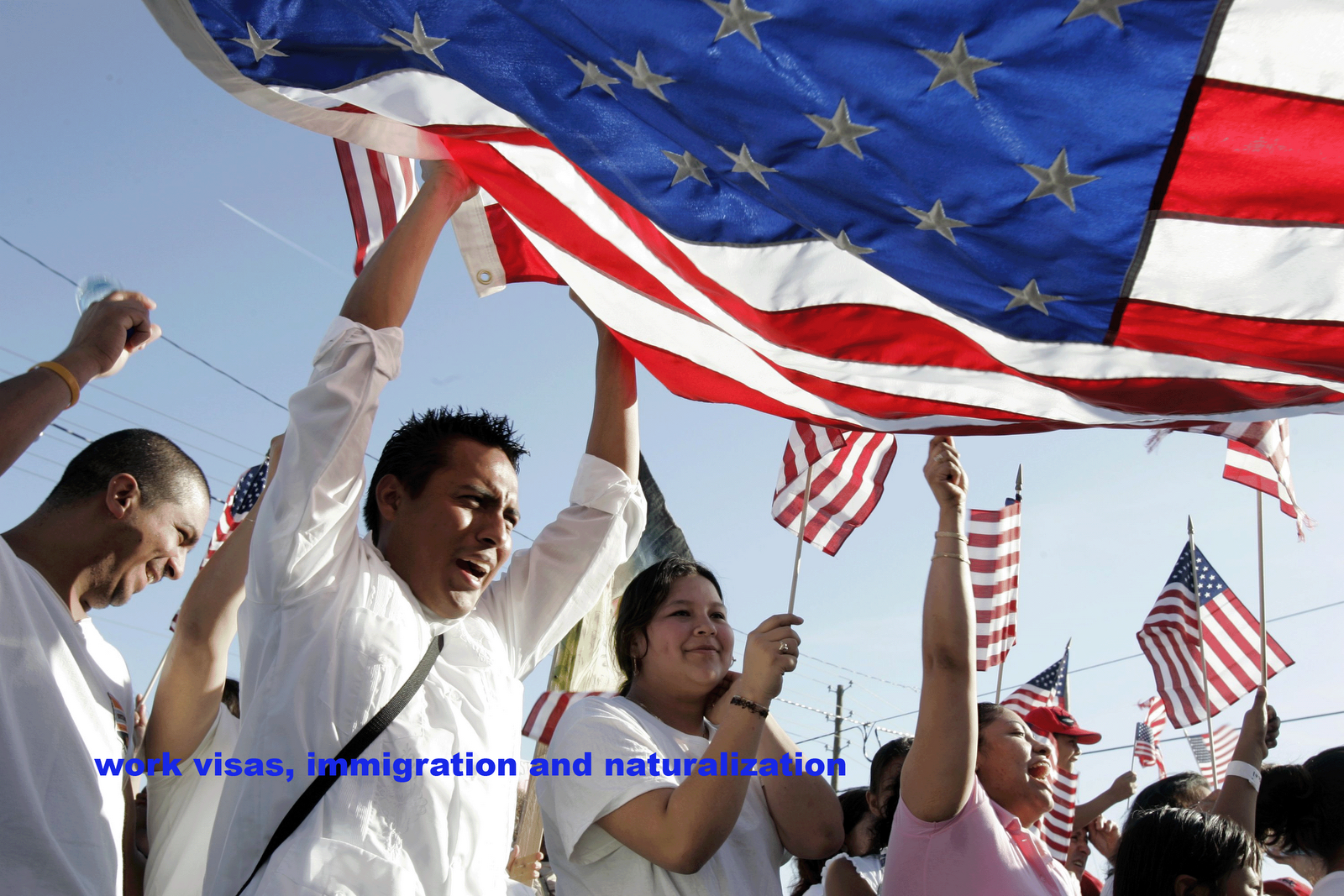
JERUSALEM (AFP) – Jewish immigration to Israel increased in 2009 by 17 per cent compared to the previous year, the first rise in a decade, the government said on Sunday.
According to figures presented by the Jewish Agency, the government body in charge of immigration, 16,244 people immigrated to Israel in 2009, whereas 13,869 had moved to the Jewish state the previous year. “We’ve recorded this year, for the first time in ten years, an increase in the number of immigrants,” the agency’s Chairman Nathan Sharansky told reporters.
Nearly half of the immigrants arrived from former Soviet states, with the rest came mostly from North and South America and Europe. Jewish Agency figures also showed that 331 Jews arrived in 2009 from Muslim states, including Turkey, Morocco and Yemen.
More than three million Jews have immigrated to Israel since its creation in 1948 - including one million from former Soviet states since 1990 - under the Law of Return, which offers citizenship and benefits to Jews from anywhere in the world.
Source:nation.com.pk/
















